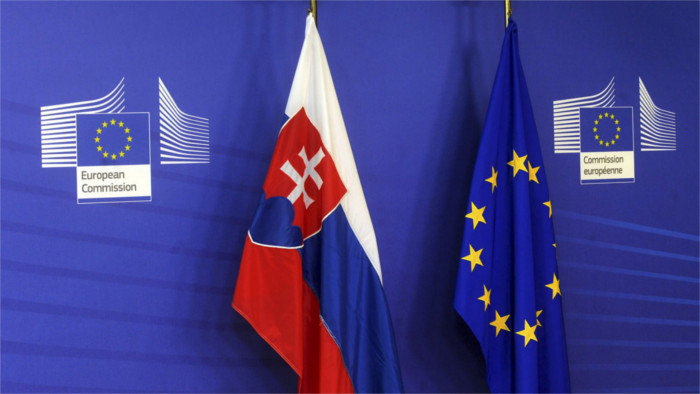On Wednesday (July 24), the European Commission issued seven recommendations for Slovakia in its annual report on the rule of law in EU member states. The recommendations for Slovakia follow on from last year's, which Slovakia implemented either partially or not at all.
In the report, the European Commission expressed concern that Slovakia is one of the countries in which public statements by the government and politicians could affect the public's confidence in the independence of the courts.
The recommendations of the EC for Slovakia thus concern, among other things, the independence of the members of the Judicial Council with regard to their dismissal, or the observance of guarantees in cases where judges have to bear criminal responsibility for the crime of "bending the law" in connection with their judicial decisions.
The EC recommends that Slovakia also submit legislative proposals to regulate lobbying and strengthen legislation on conflicts of interest and asset declarations. According to the EC, Slovakia did not make any progress in these areas last year.
In the report, the EC further expresses concern over the authority of the General Prosecutor's Office to override the decisions of lower court prosecutors. In this context, it also drew attention to the abolition of the Special Prosecutor's Office, which took place despite the concerns it raised.
The EC expressed concern that the abolition of the prosecutor's office could have an impact on the investigation of cases and could threaten the efficiency and independence of their prosecution.
According to the EC, criminal law reforms in some member countries can also undermine the fight against corruption. It also pointed to such a reform in Slovakia in connection with the reduction of punishments for corruption and related crimes. According to it, the fight against corruption in Slovakia can also be weakened by the abolition of the Special Prosecutor's Office.
In its annual report, the Commission recommended that Slovakia ensure effective and independent investigation and prosecution of high-level corruption cases, including preventing unnecessary interventions in these cases and limiting the use of the powers of the Prosecutor General to cancel final decisions regarding their investigation and prosecution.
Slovakia, on the other hand, according to the EC, has made some progress in improving the physical safety and working environment of journalists. Nevertheless, the European Commission of the Slovak Republic recommended that it achieve further progress in this process and also strengthen the rules and mechanisms to support the independent management and editorial independence of public media.
The EC also notes the law on the abolition of Radio and Television of Slovakia (RTVS) and the establishment of Slovak Television and Radio (STVR). He points out that the law raises concerns about the independence of this public broadcaster in the future.
The last recommendation of the EC is to ensure effective public consultations and the involvement of interested parties in the process of creating legislation. According to it, Slovakia did not make any progress in this area last year.
Source: STVR

